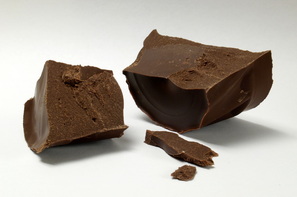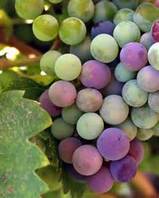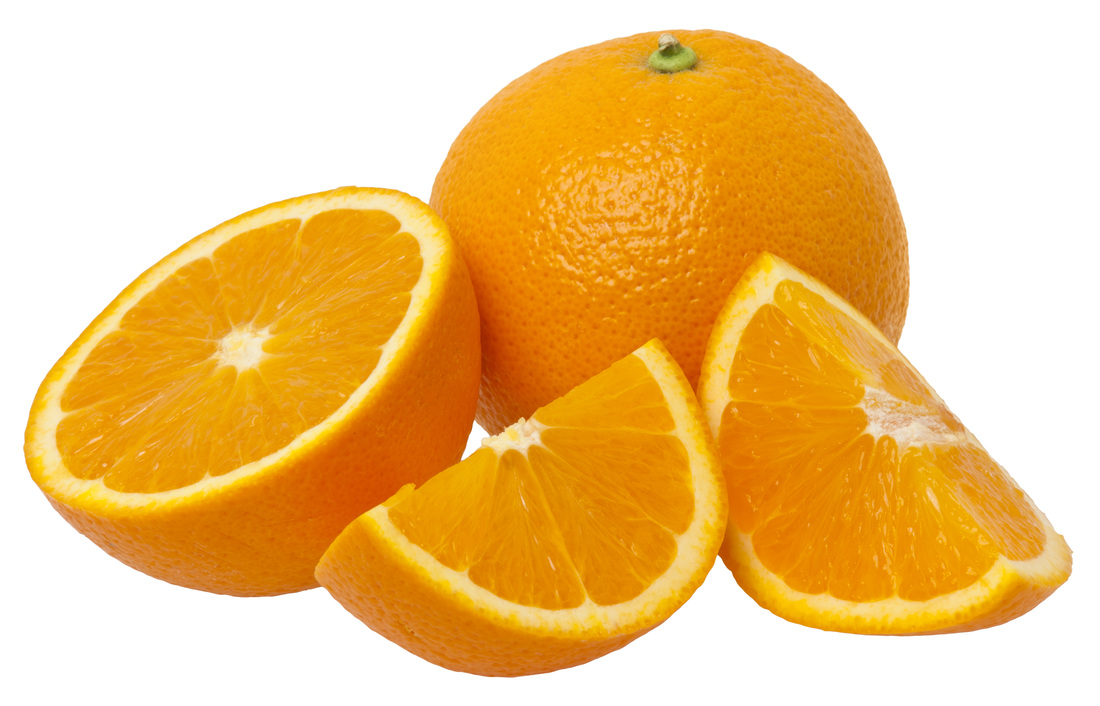|
Animals are notorious for getting into things they shouldn't. We have all heard that pets shouldn't have chocolate, dogs shouldn't have grapes, and that pets in general also shouldn't have xylitol found in many sugar-free products such as gum and now in some peanut butters. Compiled below is a list of foods and other products in the general household that you should avoid feeding/keep out of reach of your furry family members. -yeast dough (The dough can rise and cause bloat in the intestines and stomach. This is due to trapped gas in the system which can lead to life threatening emergencies.) -salt/salty snack foods (consuming large amounts of salt can cause excessive drinking and urination. Other signs of having eaten too many salty foods include: vomiting, diarrhea, fever, seizures and in extreme cases, death. Avoid foods such as potato chips, pretzels and salted popcorn.) -Raw or undercooked meat/eggs/bones (Raw meat and eggs can contain bacteria like E. coli and Salmonella. Raw eggs also have avidin, an enzyme that can decrease the absorption of Biotin and can lead to skin and coat issues. Raw bones may seem harmless and natural, however, it can be very dangerous for our pets who can choke on bones or get a bone splinter which has the potential to puncture digestive tract or get lodged in the body.) -Xylitol (Is contained in a lot foods including but not limited to: candy, gum, toothpaste, diet foods, some baked goods, and even low sugar peanut butter. Toxicosis can occur and the initial signs are vomiting, lethargy and a loss of coordination and within a few days elevated liver enzymes and liver failure can be seen.) -Chocolate (the worst chocolate for dogs to eat is baking chocolate and dark chocolate. While white chocolate is better than the others, it is still not advised.) -Onions, garlic, chives (gastrointestinal irritation can occur and can also lead to red blood cell damage. Cats are more susceptible, but dogs are at risk as well if ingested in large quantities) -Grapes and raisins (although the toxin that causes problems in dogs when they eat grapes is unknown, it is best to avoid feeding them to your pets) -Fatty and fried foods -Macadamia nuts (can cause weakness, vomiting, tremors and hyperthermia in dogs, signs usually appear within 12 hours of the nuts being ingested and the symptoms can last 12-24 hours) -Avocados (primarily a problem in birds and rabbits as well as larger animals) -Coffee, Caffeine (Contain methylxanthines which can cause vomiting and diarrhea, panting, excessive thirst and urination, hyperactivity, abnormal heart rhythm, and tremors. -Citrus (stems, leaves, peels, fruit, seeds) -Coconut and coconut oil (when ingested in small amounts, this oil is not likely to cause serious harm but we do urge caution when using these products in your pet's food; Coconut water is high in potassium and shouldn't be given to any pets) -Milk/dairy (pets don't have the enzyme lactase which is responsible for breaking down lactose in milk, therefore it can cause diarrhea and other digestive upset if they ingest it) -Medicines (any medicine that a pet gets into and eats a lot of, regardless of it is a medication for them or not, needs to have immediate or as immediate as possible, induced vomiting. Over dosing is very real in our pets as well.) -Chemicals/Cleaners -Paint Be cautious when buying peanut butters due to the use of xylitol in many low-sugar and sugar-free products which can cause many problems. This should be listed on the label in the ingredients. If you pet happens to eat any of the above, the best option would be to contact your veterinarian to find out if the amount of that item they have eaten or the symptoms they are experiencing, is cause for concern. Of the above things chocolate, xylitol, grapes, medicines in excess of the prescription or medicines not prescribed to the pet and chemicals of any type are of the biggest concern. Please contact your veterinarian immediately in these cases. *Information in this article has been gathered directly from veterinarians as well as ASPCA.org.*
1 Comment
|
Author:NOAH Staff Archives
April 2022
|


